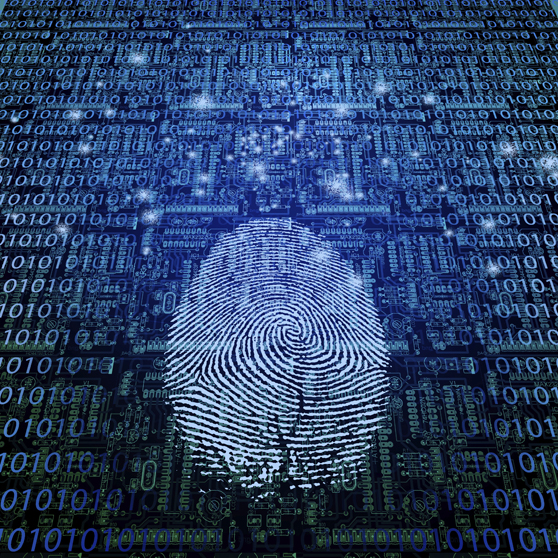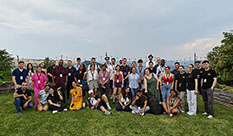More:
News & Stories
Cyber Warfare as a Threat to National Security
Dr. Harel Menashri
In recent years, the frequency of cyberattacks on crucial computer systems and critical national infrastructure has increased, as has the complexity of the attacks. Some define the process as the gradual development of a "cyber arms race".

In its 2016 Report on Global Risks published by the World Economic Forum, the threat posed by potential cyberattacks was mentioned several times as one of a number of global threats; emphasized was the fact that threats of this nature will increase in quantity and severity in the coming years. The Reports' authors noted that cyberattacks can disrupt the functioning of governments, of economies and of societies. Furthermore, cyberattacks will be integral parts of every future conflict.
While the technology of cyberwarfare has existed for more than three decades, it has only been in the past few years, especially since the exposure of Stuxnet in Iran, that the subject has been publicly raised by policy-makers. Various scholars who have examined the place of cyberwarfare in the field of international relations and security studies differ about the potential impact of cyber conflicts.
They disagree as to whether cyberwar is a new type of warfare or whether it is an additional weapon that will be used in war. Despite these disagreements, most scholars agree that cyberwarfare can cause long-lasting damage to civilians' lives, but as of now, a country cannot be conquered solely by cyberwarfare. Notwithstanding the differences of opinion in the research literature concerning the severity of the damage cyberwarfare can cause to a given country, most experts agree that the technological development of cyberwarfare constitutes a new type of threat to the national security of countries.
Dr. Harel Menashri - Cyber, Information Security & Technological Intelligence Expert
Head of Cyber in H.I.T (Holon Institute of Technology), Cyber Lecturer in H.I.T and in Bar Ilan University - in the Information Science Department, and Research colleague in The Institute for Counter Terrorism (ICT) in IDC Herzliya.
With experience of about 36 years as part of the Israeli security system.
- News & Events
International Week of Interdisciplinary Studies and Academic Collaborations in Crete
A substantial delegation of 16 students and four faculty members from HIT Holon Institute of Technology participated in week-long international activities and events at HMU-Hellenic Mediterranean University in Crete. ...


 Additional programs
Additional programs
